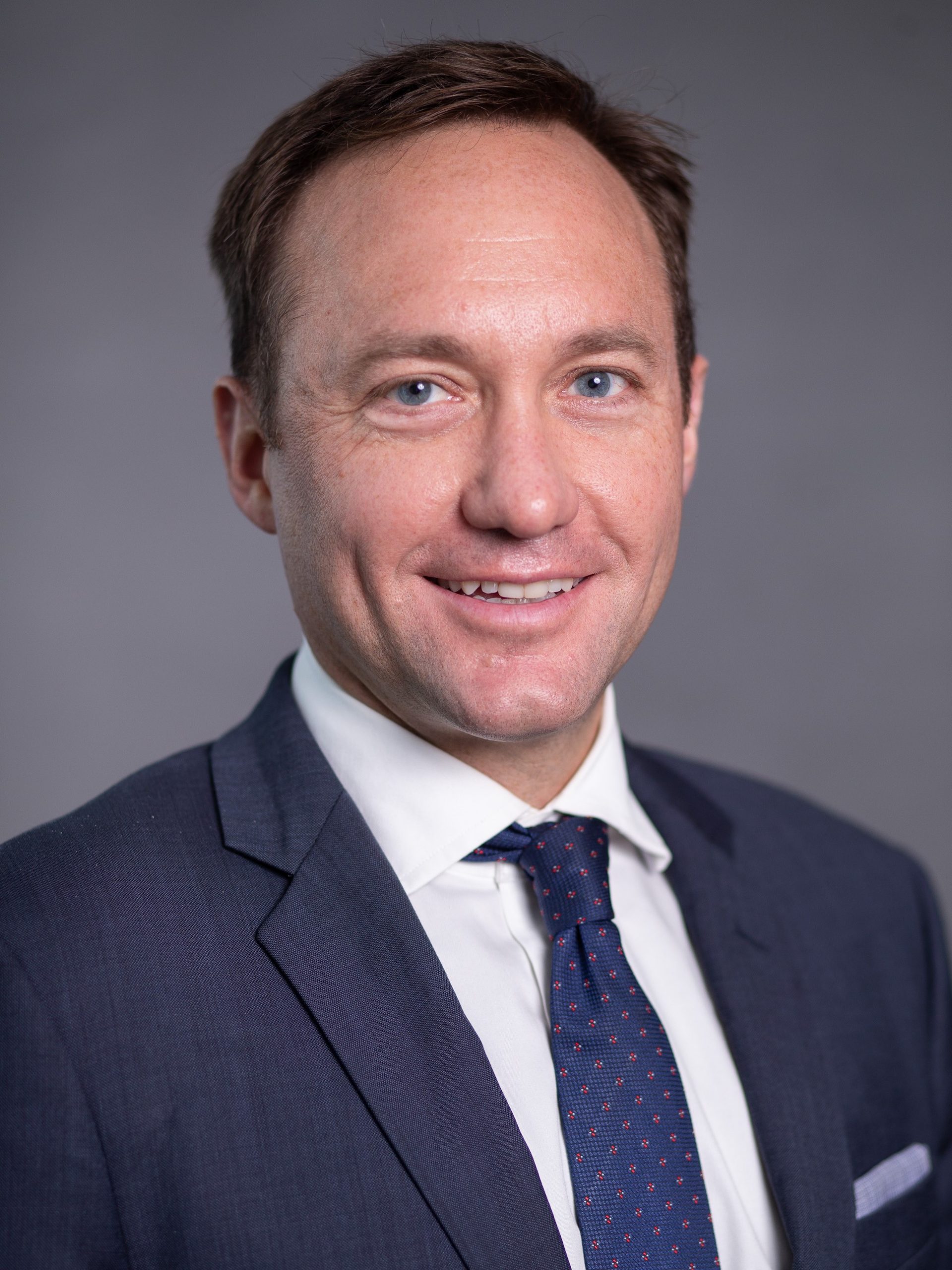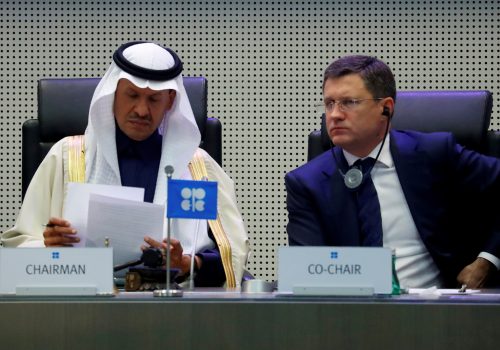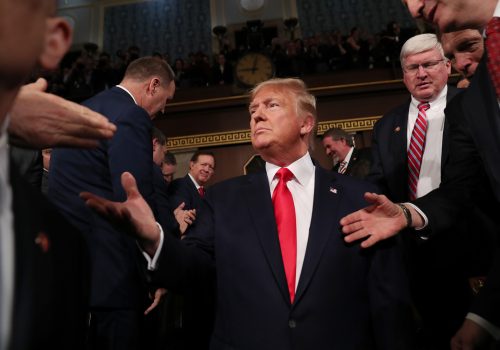Events
All Content
Randolph Bell is a distinguished fellow at the Atlantic Council Global Energy Center and vice president of government and regulatory affairs at JERA Americas.
Previously, he was an associate partner at Dentons Global Advisors, an expert-led multidisciplinary advisory firm, where he supported clients navigating the increasingly complex intersection of energy security, climate action, and sustainability. He also served as head of international government affairs at Commonwealth Fusion Systems (CFS).
From 2018 to 2022, Bell was the Global Energy Center’s senior director and the inaugural holder of the Richard Morningstar Chair for Global Energy Security. In this capacity, he set the center’s strategy and oversaw the center’s research and programs, including the annual Atlantic Council Global Energy Forum in Abu Dhabi, through a period of remarkable growth. His research and writing focused on hydrogen policy, advanced technologies and innovation, oil and gas in the energy transition, and energy geopolitics. He joined the Global Energy Center in 2017 as its director of business strategies. From 2014 to 2016, Bell led the launch of the center in his capacity as director of business development and new ventures for the Atlantic Council.
From 2011 to 2014, Bell was managing director at the International Institute for Strategic Studies–US, where in addition to holding overall responsibility for the operations and programming of the IISS’s Washington office, he published extensively on African, South Asian, and cyber-security issues. From 2010 to 2011, he was manager of national security at the Markle Foundation, where he worked on cyber security, intelligence community information sharing, and technology policy issues.
Bell has an MPP from the John F. Kennedy School of Government at Harvard University, where he was a Public Service and Belfer International and Global Affairs fellow, and graduated magna cum laude from Harvard College.



